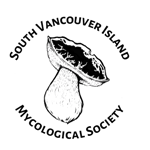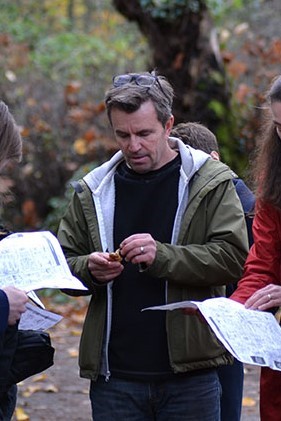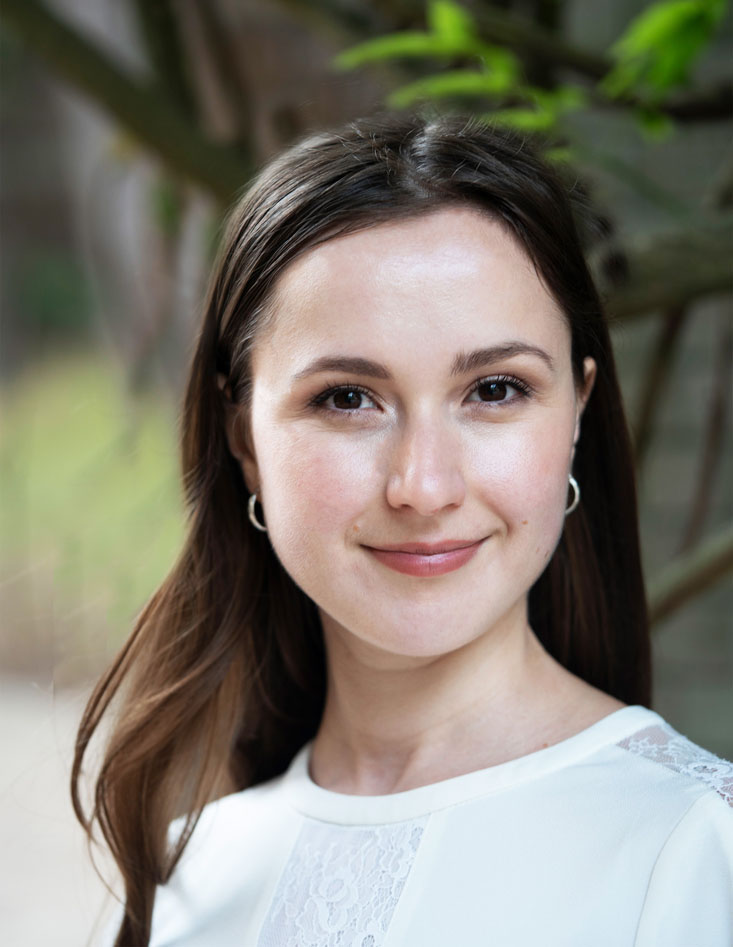On the weekend of March 16-17, 2024, nearly 40 SVIMS members learned about adding something new to their gardens this spring. The m orning and afternoon workshops were hosted by member Steve Fischer.
The workshops, centred on cultivating King Stropharia/wine cap (Stropharia rugosoannulata) mushrooms, taught the basics of backyard mushroom cultivation, including creating the ideal environment for King Stropharia.
In preparation for the workshop, Steve gathered and prepared the necessary materials, including multiple substrates, mushroom spawn, and pots for members to take home mini stropharia beds. Generous donations of wine cap spawn by Grow Mushrooms Canada and pots by Saanichton Christmas Tree Farm were greatly appreciated!
SVIMS members enjoyed far better weather for this workshop than the last one. The spring day was warm and bright. Each group worked together to build a full-size King Stropharia bed to learn the fundamentals. They then assembled a mini version that they could take home to try their hand at producing these prized edibles.
Mush luck to these new cultivators!






